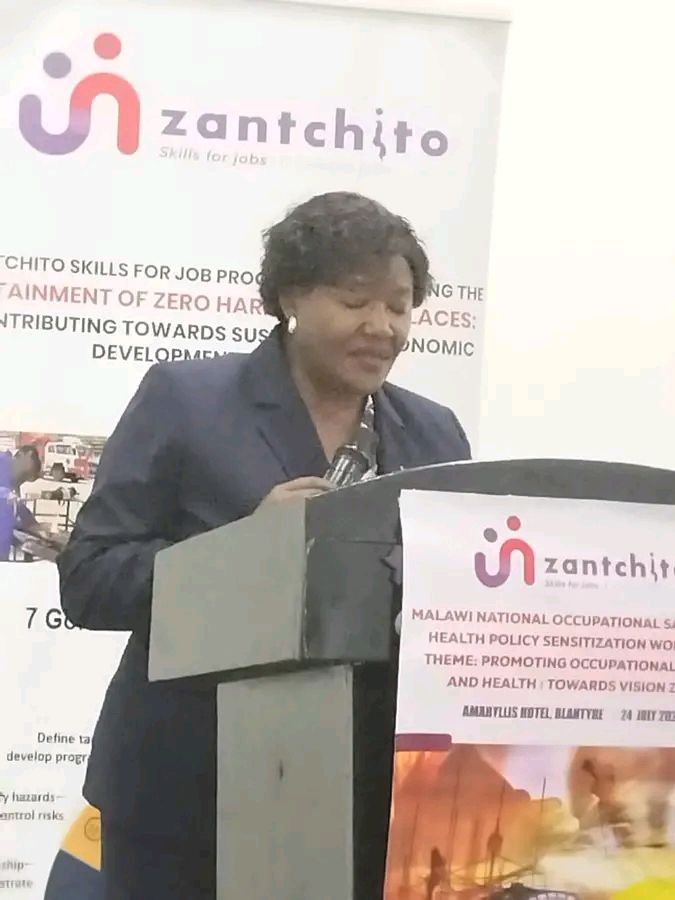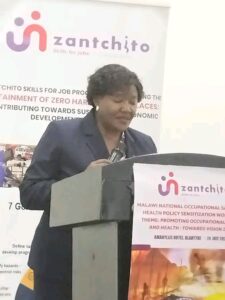By Rahim Abdul
Malawi Investment and Trade Centre (MITC) has taken a significant step in strengthening economic ties with China through a high-level strategic meeting with Chinese Ambassador Lu Xu.
The meeting focused on investment financing, agricultural agreements, infrastructure development, and mining opportunities, among other areas of mutual interest.
MITC Director General Kruger Phiri emphasized the importance of strategic partnerships in unlocking new opportunities for Malawi’s economy.

The meeting aimed to promote transparency, remove bottlenecks, and support investors throughout their journey.
Both parties committed to continued dialogue and collaboration on initiatives that will directly benefit citizens of the two countries.
This cooperation aligns with Malawi’s 2063 Agenda, particularly pillars 2 and 3, which focus on industrialization and urbanization.
The strengthened economic ties between Malawi and China have the potential to drive sustainable investment, create jobs, and stimulate economic growth.
The MITC’s Smart Connect Portal, investors can expect a more streamlined and efficient process, making Malawi a more attractive destination for international investment.








